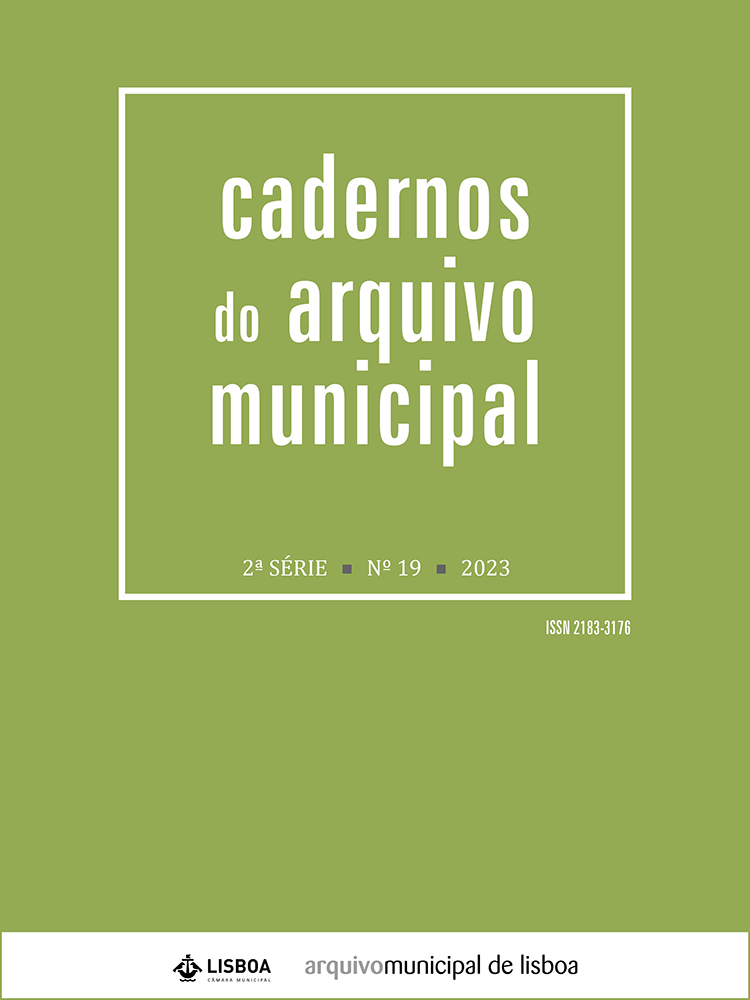Navigating identity after independence: Portuguese men in nineteenth-century Brazil
DOI :
https://doi.org/10.48751/CAM-2023-19224Mots-clés :
Collective identity, Microhistory, Emotions, Affective practices, “The returned Brazilian”Résumé
In 1870, at age 11, Antônio Gonçalves de Carvalho left Portugal to follow his father to Brazil. The back and forth crossing of the Atlantic would become as central for Antônio’s life as it had been for his father and would continue to be for his son. The close reading of unexplored primary sources reveals how Portuguese and Brazilian nations merge into a syncretic identity
expressed in Antônio’s words: “I came to life in my parents’ idolized land, and I wish to leave life in my children’s adored land”. What can serve as a basis for national identities? The Carvalho family’s documents offer the possibility of a new perspective on a question that historiography has conventionally approached via race, ethnicity and religion. By decentering the usual categories and considering emotions instead, this work suggests that feelings of belonging may be a matter of practice rather than destiny.
Téléchargements
Téléchargements
Publiée
Comment citer
Numéro
Rubrique
Licence
(c) Tous droits réservés Marcia Esteves Agostinho 2023

Ce travail est disponible sous licence Creative Commons Attribution - Pas d’Utilisation Commerciale 4.0 International.
Les auteurs conservent le droit d'auteur et accordent à la revue le droit de première publication. L'œuvre est simultanément placée sous licence Creative Commons Attribution License CC BY-NC 4.0 qui permet de partager et d'adapter le texte à condition que sa paternité soit correctement attribuée avec mention de la publication initiale dans cette revue.








